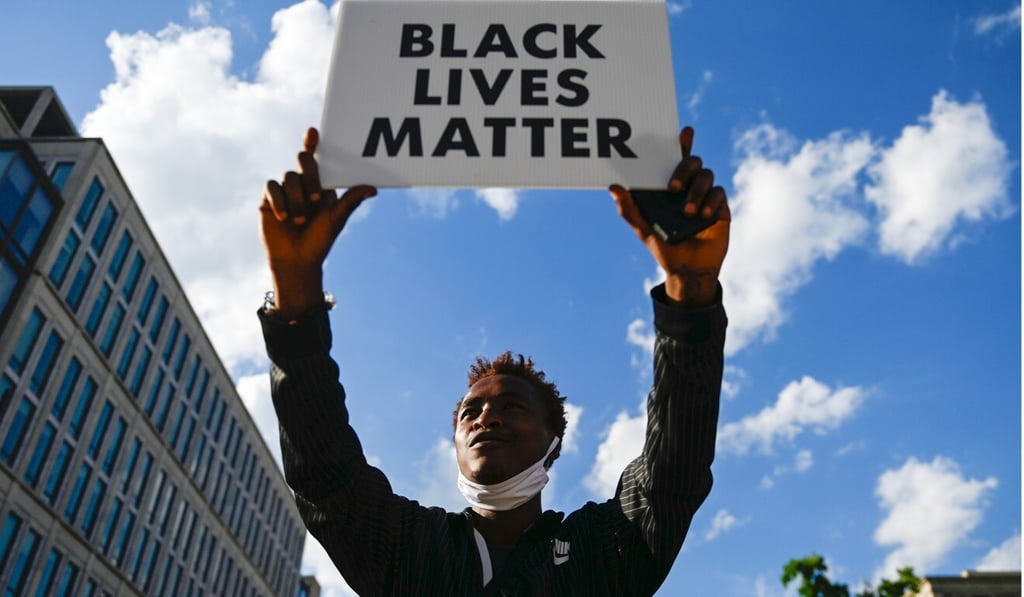Black lives matter in Hong Kong too: African migrants say racism leaves them feeling alienated, shunned
- New study finds discrimination against Africans common, takes toll on mental well-being
- Lack of contact with locals, prevalence of stereotypes among reasons black people feel targeted

Cameroon-born Gerard Ambassa Guy has lived in Hong Kong for more than 20 years, but has never forgotten the discrimination he faced as a young, black soccer player.
Although he was regarded as one of the best defenders in the Hong Kong Premier League, he was paid less than local or white players.
Now 41 and a soccer coach, Ambassa Guy, known as JJ, came to Hong Kong after playing in his central African birthplace and mainland China. He says he was unprepared for the discrimination that greeted him.
“My level of football was higher than most of the other players, but I could not earn a lot of money just because I was African,” he says. “They didn’t judge you by your ability. They judged you by your colour.”

He stayed anyway, and represented Hong Kong internationally from 2006 to 2011. Now a permanent resident, he helped bring over more African players and has coached professionals and children.